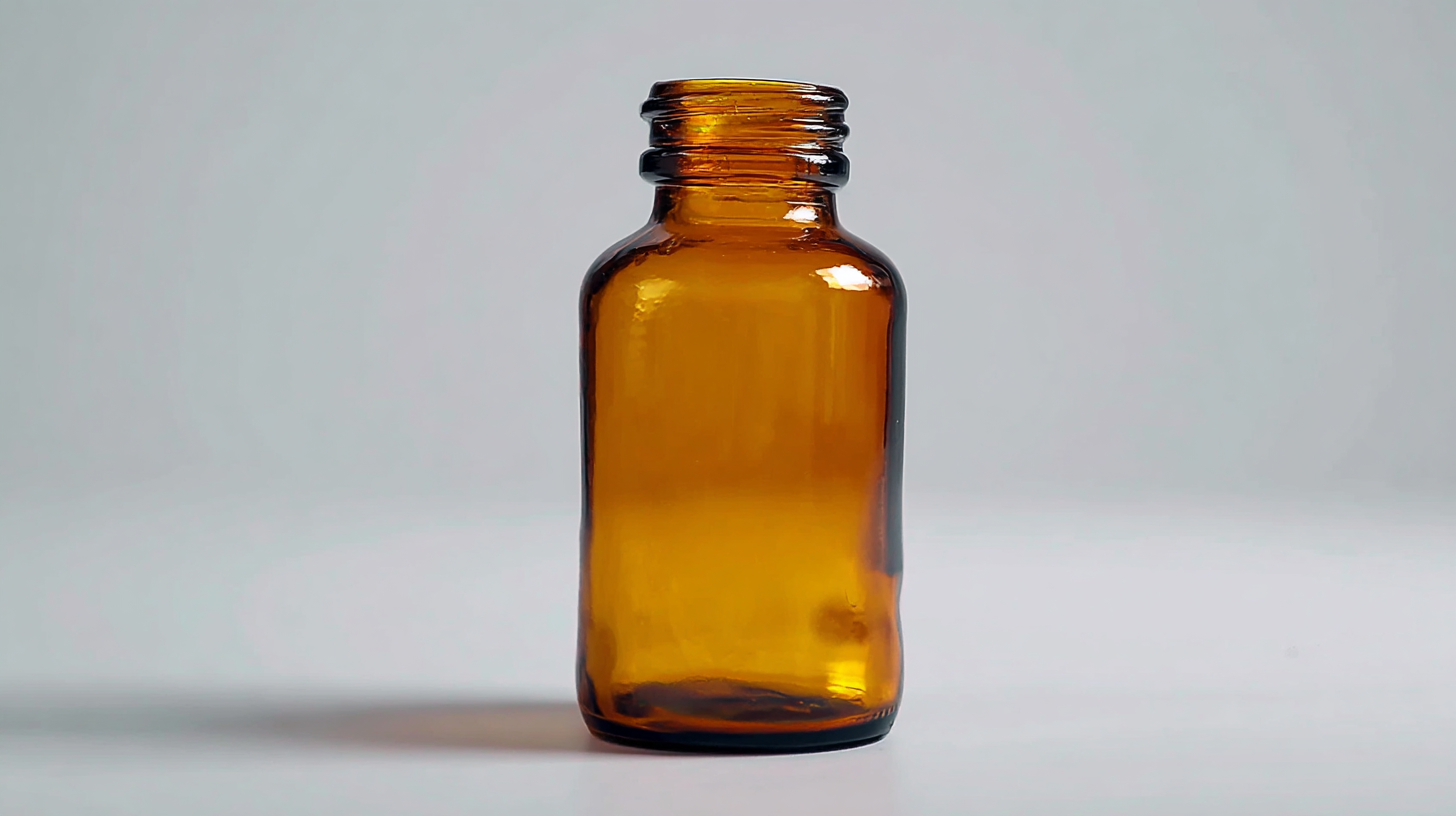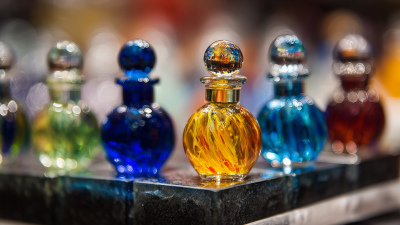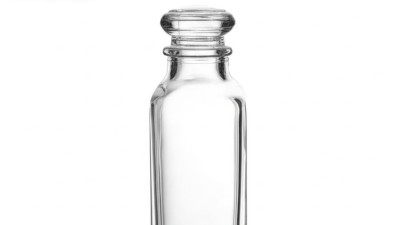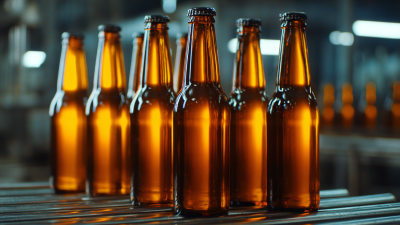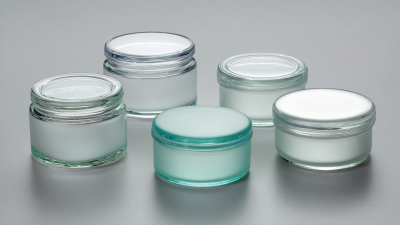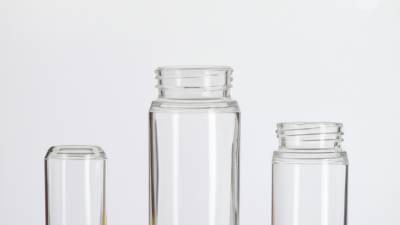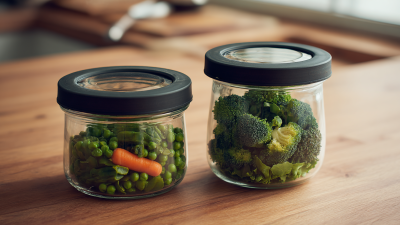
In recent years, the shift towards eco-friendly packaging solutions has garnered significant attention, with a marked increase in consumer demand for sustainable alternatives. A report from Smithers estimates that the global sustainable packaging market will reach $500 billion by 2027, with glass packaging being a key player in this transformation. 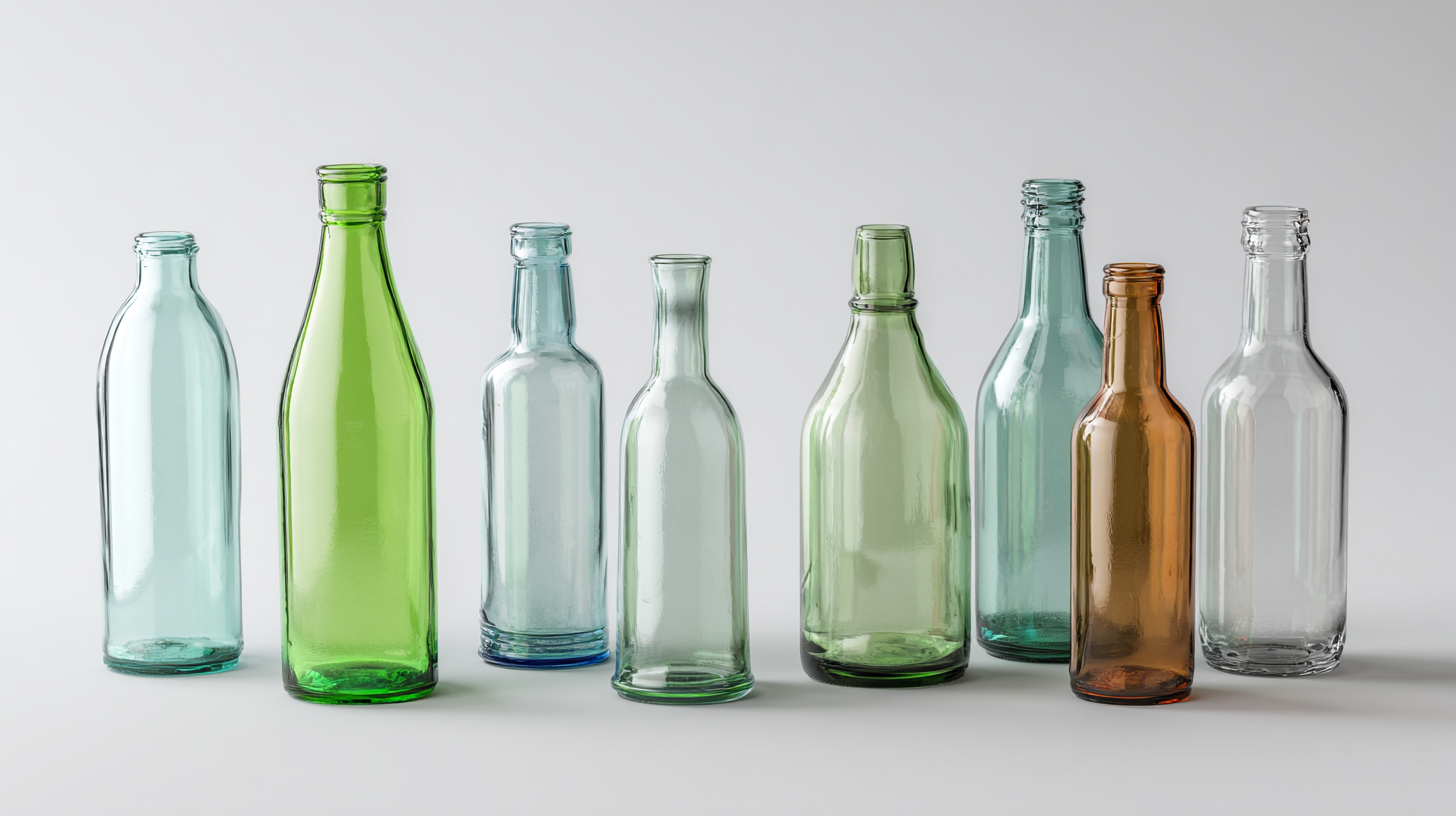 Glass bottles, in particular, offer numerous advantages over plastic counterparts, including their recyclability and ability to maintain product integrity without leaching harmful chemicals. Data from the Glass Packaging Institute indicates that glass can be recycled endlessly without losing quality, making it a preferable choice for environmentally conscious brands. As businesses strive to reduce their carbon footprints and cater to eco-aware consumers, the adoption of glass bottles as a primary packaging solution is not only beneficial for the environment but also for brand loyalty and market competitiveness.
Glass bottles, in particular, offer numerous advantages over plastic counterparts, including their recyclability and ability to maintain product integrity without leaching harmful chemicals. Data from the Glass Packaging Institute indicates that glass can be recycled endlessly without losing quality, making it a preferable choice for environmentally conscious brands. As businesses strive to reduce their carbon footprints and cater to eco-aware consumers, the adoption of glass bottles as a primary packaging solution is not only beneficial for the environment but also for brand loyalty and market competitiveness.
The benefits of glass bottles in sustainable packaging solutions are increasingly gaining recognition as businesses and consumers alike prioritize eco-friendliness. One of the primary advantages is that glass is 100% recyclable, with the European Container Glass Federation reporting that recycled glass reduces energy consumption by up to 30% compared to using raw materials. This recycling process not only conserves natural resources but also significantly cuts down carbon emissions, making glass a preferable choice for eco-conscious brands.
Moreover, glass bottles are inert and do not leach chemicals into their contents, unlike many plastic counterparts. This characteristic is crucial for preserving the quality of food and beverages, ensuring that consumers receive products that are safe and of the highest standard. According to a report by the Glass Packaging Institute, glass bottles keep contents fresh longer due to their impermeability to gases and vapors, which further supports sustainability by reducing food waste. As the global focus shifts toward sustainable practices, glass packaging emerges as a key player in shaping a greener future.
| Advantage | Description | Environmental Impact |
|---|---|---|
| Recyclability | Glass can be recycled indefinitely without losing quality or purity. | Reduces landfill waste and pollution; energy-efficient recycling process. |
| Durability | Glass bottles are durable and can withstand various conditions. | Longer shelf life means fewer replacements, reducing resource consumption. |
| Chemical Safety | Glass is a non-reactive material that does not leach chemicals into contents. | Safer for consumers; reduces harmful chemical exposure to the environment. |
| Aesthetic Appeal | Glass bottles provide an elegant and appealing presentation. | Encourages reuse and reduces need for single-use plastic alternatives. |
| Versatility | Glass bottles can be used for a wide range of products, including beverages, cosmetics, and food items. | Lower carbon footprint when reused across different product categories. |
The environmental impact of packaging materials has become a significant concern in recent years, particularly due to the overflow of plastic waste in landfills and oceans.
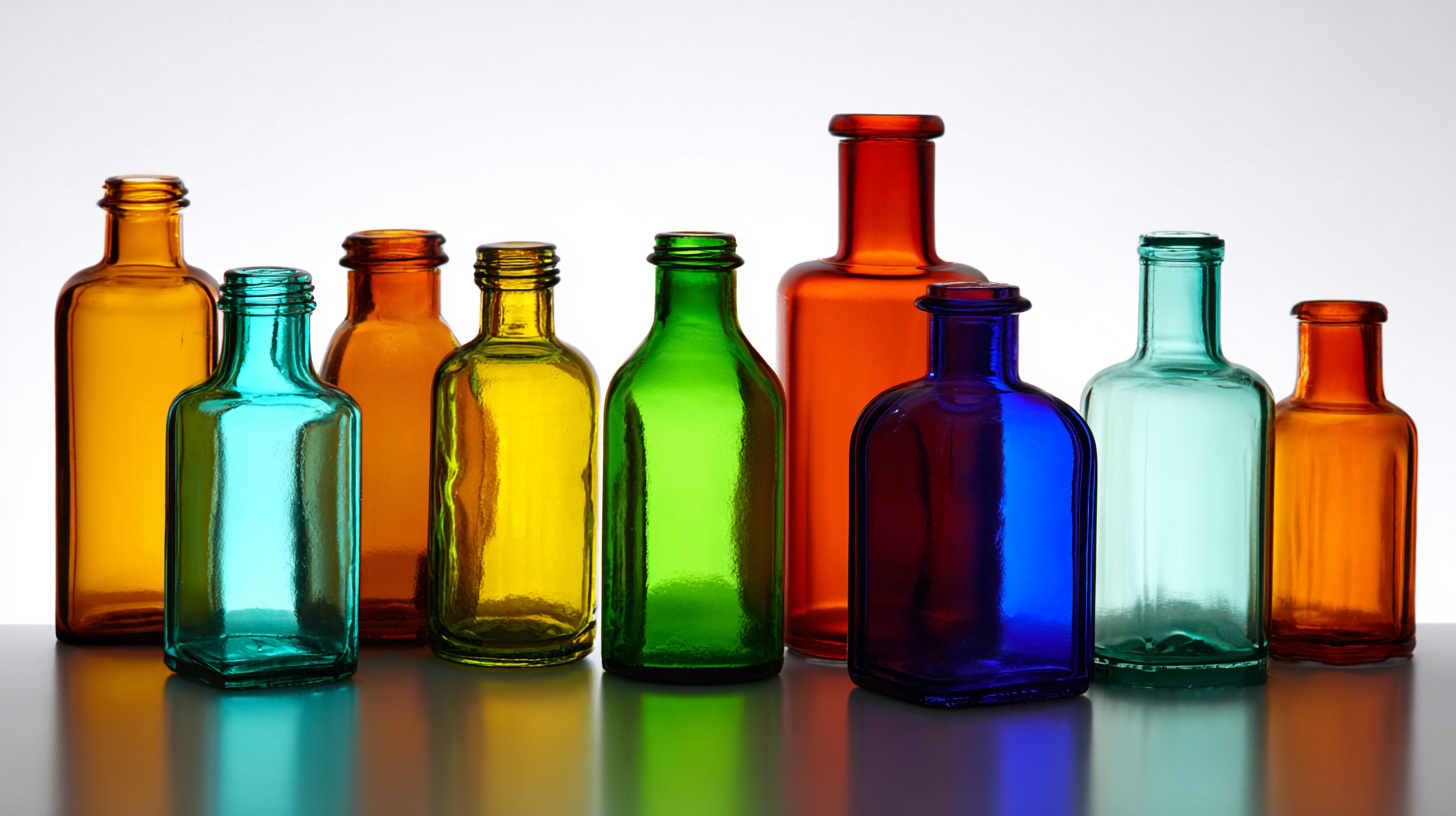 Glass bottles present a sustainable alternative that can dramatically reduce plastic consumption. Unlike plastic, glass is 100% recyclable and can be reused repeatedly without losing quality. This means that every glass bottle can contribute to a circular economy, diminishing the need for new raw materials and energy usage.
Glass bottles present a sustainable alternative that can dramatically reduce plastic consumption. Unlike plastic, glass is 100% recyclable and can be reused repeatedly without losing quality. This means that every glass bottle can contribute to a circular economy, diminishing the need for new raw materials and energy usage.
Using glass not only minimizes plastic waste but also offers a healthier option for consumers. Glass is non-toxic and doesn't leach harmful chemicals into food or beverages, making it a safer choice for packaging products. Additionally, the production of glass has a smaller carbon footprint in the long run, especially when sourced from local manufacturers. By choosing glass bottles, brands can align themselves with eco-conscious consumers, while effectively curbing the environmental damage caused by single-use plastics.
When it comes to food storage and packaging, glass bottles stand out as a superior choice, particularly concerning health and safety. Unlike plastic, which can leach harmful chemicals into contents, glass is non-reactive and does not alter the quality of the food inside. This ensures that your beverages, sauces, and other edibles maintain their original taste, aroma, and nutritional value over time. With a glass bottle, consumers can enjoy the peace of mind that their food is safe from contamination.
Moreover, glass is impermeable to gas and moisture, making it an ideal barrier to preserve freshness. This characteristic is crucial for products like juices and gourmet sauces, which can spoil quickly in less effective packaging. The durability of glass also contributes to food quality preservation; it can withstand heat, making it safe for various pasteurization processes. As more people become conscious of food safety, glass bottles present a reliable option that supports both health and environmental sustainability. By choosing glass packaging, consumers promote a cleaner planet while enjoying their food at its finest.
The push for sustainable packaging solutions has led to a resurgence in the popularity of glass bottles. One of the key advantages of glass packaging is its remarkable reusability and recyclability, as emphasized by recent industry reports. According to a study by the International Bottled Water Association, glass bottles can be recycled endlessly without losing quality or purity. This means that a glass bottle can contribute to the circular economy, where materials are reused continuously, thereby reducing the demand for new raw materials and lessening environmental impact.
Furthermore, a report from the Glass Packaging Institute reveals that over 90% of glass containers are recyclable and can be repurposed into new glass products, further extending their lifecycle. Unlike plastic, which often degrades in quality after a few recycling processes, glass maintains its integrity, making it a more sustainable choice for consumers and manufacturers alike. Additionally, using glass bottles can lead to a reduction in landfill waste, as it is estimated that every ton of recycled glass can save 1.2 tons of natural resources. These statistics clearly demonstrate how glass packaging promotes an eco-friendly approach to product delivery, ultimately benefiting both businesses and the planet.
When it comes to packaging, the aesthetic appeal of glass bottles significantly influences consumer preferences. The sleek, transparent design of glass not only showcases the product but also enhances its perceived value. Consumers are drawn to the purity and elegance that glass exudes, which makes products feel premium and luxurious. This visual advantage can be a powerful differentiator in a crowded market, enabling brands to stand out and connect with consumers on an emotional level.
Moreover, the tactile experience of glass adds to its charm. The weight and coolness of the material provide a sensory contrast to lightweight plastic, making the act of holding a glass bottle more enjoyable. This attention to the sensory experience can cultivate brand loyalty, as consumers associate the quality of the packaging with the quality of the product itself. As awareness of environmental issues grows, the preference for glass packaging is bolstered by its recyclability and sustainability, further reinforcing its appeal as a choice that aligns with eco-friendly values. In a world where appearance and substance matter, glass bottles fulfill both aesthetic and ethical desires, making them a favored option for consumers.
